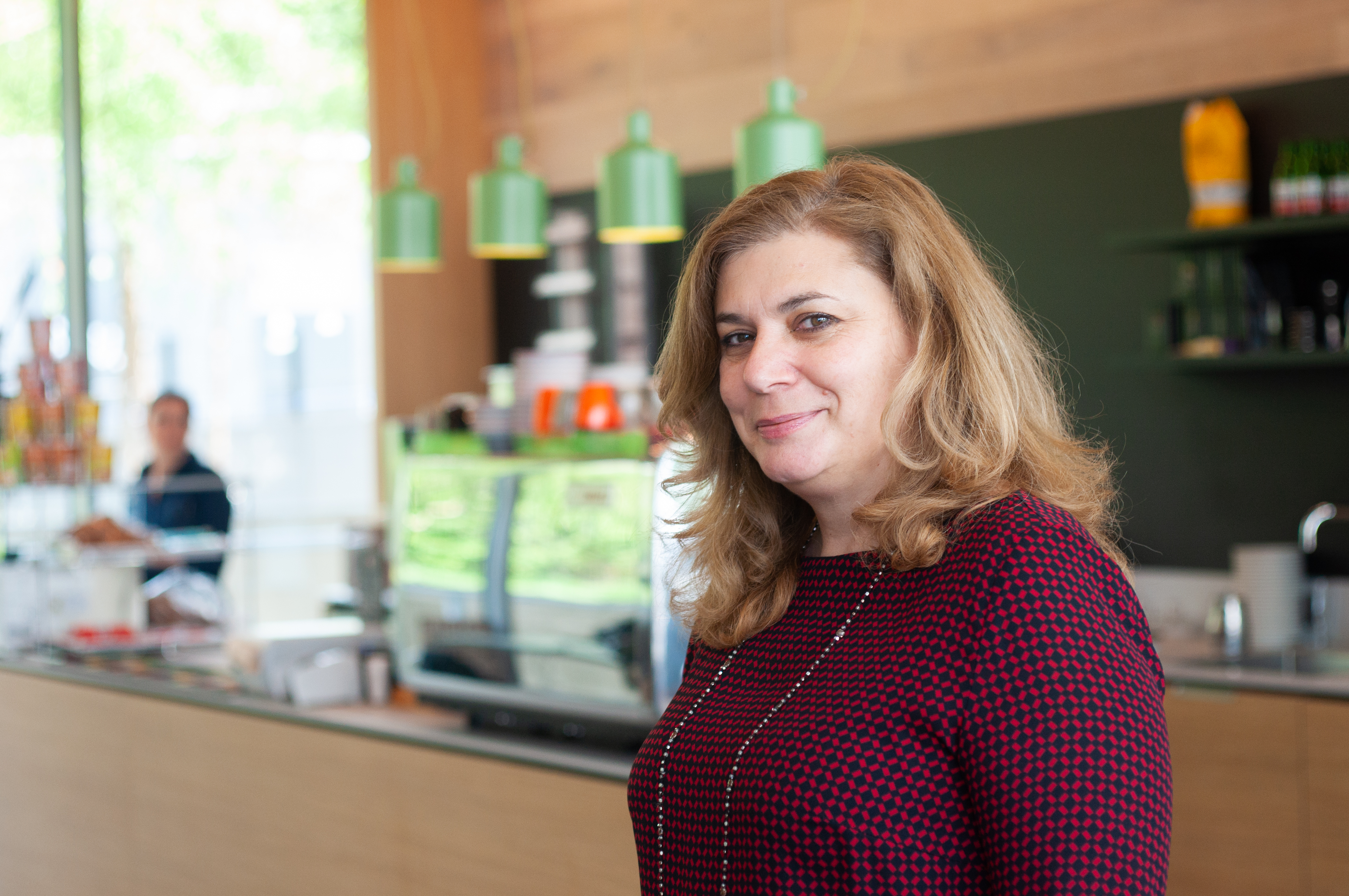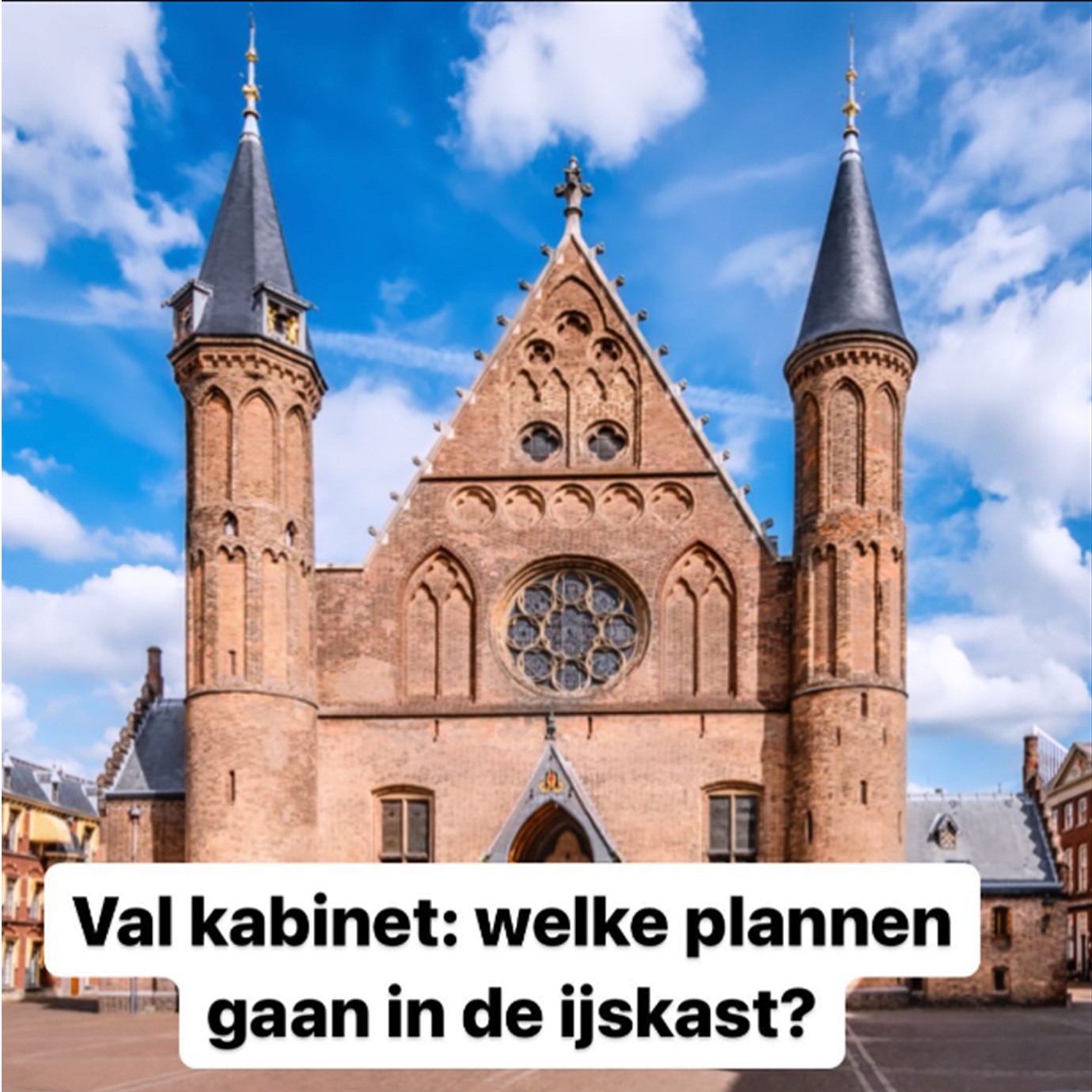‘Many of my fellow students disappeared, and there was no one who said anything about it’
Tanya Dimitrova is a lecturer of marketing at Rotterdam Business School (RBS). In her native country Bulgaria she witnessed the fall of communism up close.
‘I grew up in Bulgaria, a communist country until 1989. When I was a child, I strongly felt that I would become a real communist. You are brought up that way, and so you will believe in it. Later, when I was a student, my eyes were opened to the fact that it was a totalitarian regime.
‘I enrolled at a university in Sofia, the capital. Talking with fellow students changed my opinion about communism. Some of them were progressive and well informed of everything that happened in the world. During underground meetings we talked about the Communist Party, how we were kept away from the western world – watching television was not permitted, except for the Russian channels – and how our world view was manipulated. We learnt about ourselves and how we wanted to develop ourselves.
‘There had been a lot of bloodshed in the previous years, especially when the Party forbade al Muslim names and closed down mosques in 1984. Many Bulgarian Turks fled the country (around 350,000 Turks fled during the so-called Bulgarisation campaign, ed.), others were injured or killed if they put up resistance. Many of my fellow students also disappeared, and there was no one who said anything about it. Highly-educated people and intellectuals were interned in labour camps in the age of communism. The regime wanted to get rid of them, because they were afraid that these people would bring about a change.
‘In the end, this change happened after all and it started with us, the students. We occupied all universities in Sofia. For weeks, we stayed in the university buildings, where we cooked and made music. Finally, we also took to the streets to demonstrate. And everybody followed us. A movement sprang up. In November 1989, the Berlin Wall fell and the regime in Bulgaria was brought down by the army, fortunately in a less barbaric manner than in Rumania. Our communist leader, Todor Zhivkov, was not murdered like Ceausescu (Rumania’s communist leader who was executed together with his wife, ed.)
‘A lot has changed after 1989, but Bulgaria is still not a fully democratic society. Many older people, including my mother, miss the age of communism. There were actually good sides to that as well. There was a lot of equality among the common people, everybody had a job and equal rights. And, as far as job opportunities were concerned, there was no inequality between men and women either.
‘When I came to the Netherlands, I was surprised to find that, from the historical tradition, women had to stay at home here. That was something we did not know in Bulgaria. In that sense, Bulgaria was more emancipated. I did not even know the word inequality at that time.
‘The reason why I came to the Netherlands about fourteen years ago was love. I could not do much during the first year, because I was not allowed to study or work while I was waiting for my residence permit. That is why I started gaming quite a lot. I played the online Quake II 3D-shooter, and for a short time I even ranked second of the world. By the way, nobody believed that I was a woman. There was nothing I could do but game, but that was not exactly the career that I had in mind.
‘Once I had obtained my residence permit, I started to study digital marketing. I had always taken an interest in digitisation and technological developments, and even at that time I saw that mobile applications and immersive experience would become very important.
‘The best thing about digital marketing is that you can use it in so many different ways, including to help other people. During a visit to Desmond Tutu in America – a friend of mine interviewed him for a book and I was fortunate enough to operate the camera – I came into contact with the founder of Out of Africa, a foundation dedicated to banished children in South Africa. She was looking for students who wanted to volunteer and asked if I could help her. I did. For three years, I have taken students to South Africa and organised fundraising campaigns together with them. In this way, students learn about marketing and online communication, while we help children in South Africa.
‘The children have been abandoned to their fate, and what is happening with them is incredibly cruel. They have been abused in all conceivable ways and now have to deal with the world in which they have ended up. They have no idea what to do and how to live their lives. One of the boys is called A.L.A.P., which stands for As Low As Possible. He is always wearing sunglasses, because he is so ashamed of himself that he is afraid to look into people’s eyes. I can even see him struggle when he has to tell something about himself. There are many boys like him.
‘Fortunately, there are also success stories to inspire these youngsters. This year we visited Sihle Tshabalala with twenty-five students. He is a former inmate who learned to encode in prison, and when he got out, he opened an encoding school in a township. He teaches the children to encode, providing them with an opportunity in the labour market. He is one of the social entrepreneurs whom we cooperate with and he travels the world with his story, so he is also a marketeer in his own way. It is just great to see what he is doing. These are the real heroes. And he is not the only one, there are many of these stories.
‘Marketing is about how to communicate ideas and projects, and you can do many positive things with that. I am quite excited about it. I know that the university of applied sciences is cutting back on a number of projects, but I hope that we will be able to continue the Out of Africa project.’
Text and photography: Wietse Pottjewijd










Laat een reactie achter
Spelregels
De redactie waardeert het als je onder je eigen naam reageert.
Lees hier alle details over onze spelregels.
Back to Top